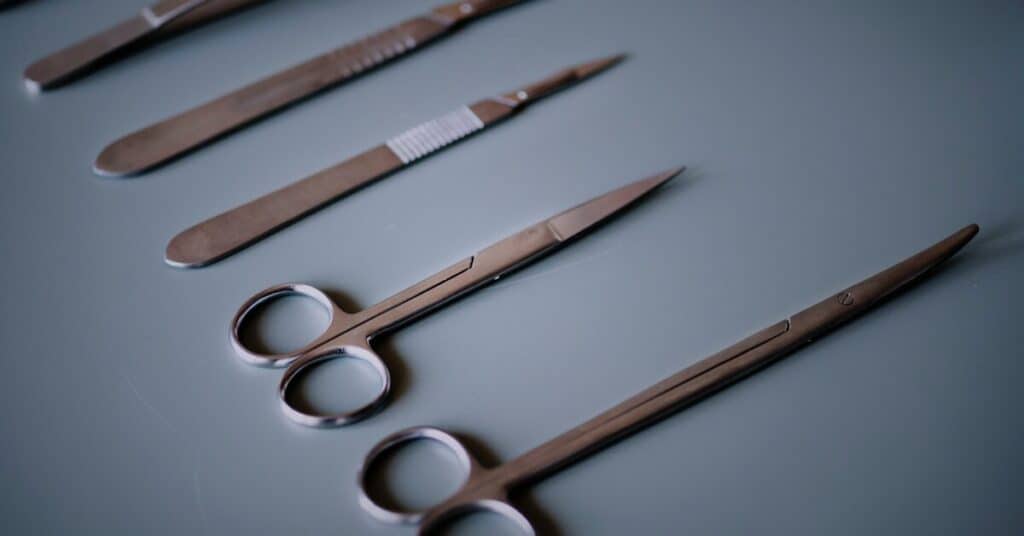In the field of healthcare, precision and safety are paramount. The role of high-quality surgical instruments cannot be underestimated, as they play a critical role in ensuring successful surgical procedures. From complex cardiovascular surgeries to minor outpatient operations, surgical instruments are the backbone of healthcare advancements.
Why Quality Surgical Instruments Matter
Surgical instruments are precision tools designed to perform specific tasks during medical procedures. The use of poor-quality instruments can lead to surgical complications, infections, and prolonged recovery times. Investing in superior-quality instruments ensures:
- Enhanced Patient Safety: Minimizing risks of surgical errors.
- Precision in Surgery: Accurate incisions and minimal tissue damage.
- Durability and Longevity: Stainless steel and titanium instruments resist corrosion and wear.

Key Types of Surgical Instruments
Surgical instruments vary based on their specific roles. Here are some essential categories:
- Cutting and Dissecting Instruments
These include scalpels, scissors, and bone saws. They are designed for precise incisions and cutting tissues. - Grasping and Holding Instruments
Forceps and clamps assist in securely holding tissues during procedures. - Retracting Instruments
Retractors keep incisions open and ensure better visibility for surgeons. - Suturing Instruments
Needle holders and forceps are vital for stitching wounds efficiently.

Choosing the Right Surgical Instruments
When selecting surgical instruments for hospitals or clinics, consider the following factors:
- Material Quality: Stainless steel is preferred for its strength and resistance to rust.
- Ergonomic Design: Ensures comfort for surgeons during lengthy procedures.
- Certification and Standards: Always choose instruments that meet ISO and CE standards.

Maintenance and Sterilization
Proper maintenance is crucial to prolonging the life of surgical instruments. Follow these steps:
- Cleaning: Immediately rinse instruments after surgery to remove debris.
- Sterilization: Use autoclaves or chemical disinfectants to eliminate contaminants.
- Storage: Store instruments in dry, sealed containers to prevent damage.

Conclusion
High-quality surgical instruments are indispensable for safe and successful medical procedures. By investing in durable, precise, and certified tools, healthcare providers ensure better patient outcomes and enhanced surgical precision. Choosing the right surgical instruments isn’t just about tools; it’s about safeguarding lives.
If you’re seeking premium-quality surgical instruments for your healthcare facility, explore our extensive catalog at Surgment for reliable solutions you can trust.








Add comment